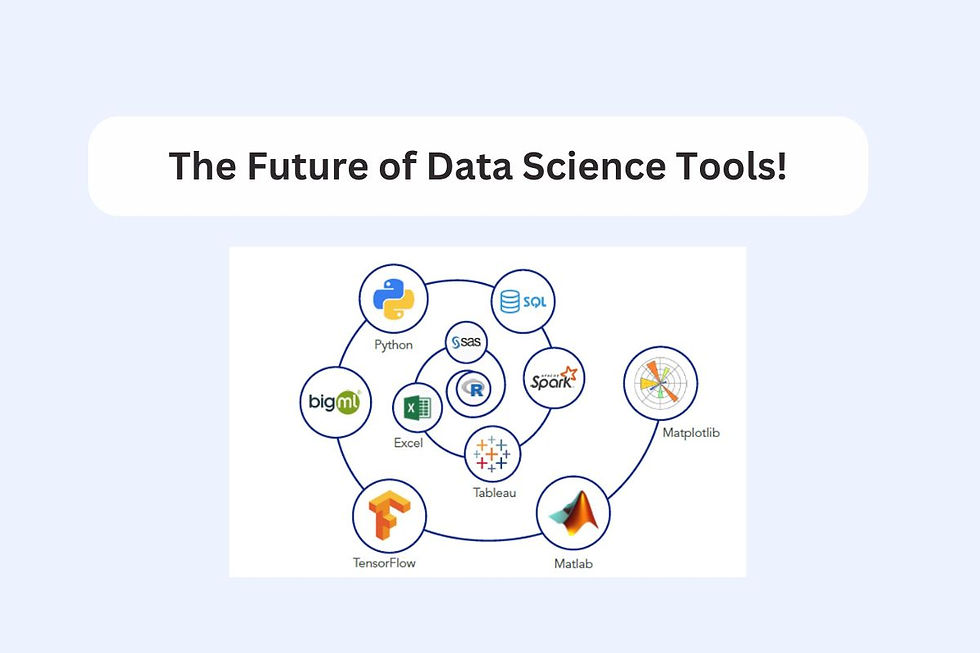Why is API testing important in software development?
- archi jain

- May 7, 2024
- 3 min read

Introduction
In the world of software development, ensuring that every component works seamlessly is crucial for success. One integral part of this process is API testing. APIs (Application Programming Interfaces) act as bridges that allow different software applications to communicate with each other. Testing these APIs is essential to guarantee that they function correctly and reliably. Let’s delve into why API testing holds such significance in software development.
Ensuring Functionality
APIs are designed to perform specific tasks or provide access to certain functionalities. Through testing, developers verify that these APIs function as intended. This includes checking if they return the correct responses, handle errors gracefully, and adhere to the specified requirements.
Detecting Bugs Early
Identifying and rectifying bugs early in the development cycle is more cost-effective than fixing them later. API testing allows developers to catch bugs in the initial stages, preventing them from escalating into larger issues that could disrupt the entire system.
Enhancing Security
APIs often handle sensitive data and interact with various systems. Ensuring the security of these APIs is paramount to safeguarding the overall system. API testing helps in detecting vulnerabilities such as unauthorized access, injection attacks, and data breaches, thus fortifying the software against potential threats.
Improving Performance
Performance bottlenecks can significantly degrade the user experience. By conducting API testing, developers can assess the performance metrics of APIs, including response times, throughput, and scalability. Optimizing these aspects ensures that the software performs efficiently under different loads and usage scenarios.
Facilitating Integration
In modern software development, applications rarely exist in isolation. They often rely on multiple APIs to access external services or exchange data. Testing APIs ensures their compatibility and seamless integration with other systems, preventing integration issues that could disrupt the workflow.
Enabling Continuous Delivery
With the adoption of agile methodologies and continuous integration/continuous delivery (CI/CD) practices, software updates are frequent. API testing plays a pivotal role in CI/CD pipelines by automating the validation of APIs with each code change. This streamlines the release process and ensures that new features or updates do not break existing functionality.
Supporting Documentation and Maintenance
Well-tested APIs come with comprehensive documentation that outlines their functionalities, parameters, and usage instructions. This documentation serves as a reference for developers, enabling them to understand and utilize the APIs effectively. Additionally, API testing aids in maintaining the APIs over time, ensuring that they remain reliable and compatible with evolving requirements.
Enhancing User Experience
APIs are the backbone of many software applications, influencing their usability and performance. By thoroughly testing APIs, developers can deliver a seamless user experience, free from glitches or unexpected behavior. This enhances user satisfaction and fosters loyalty towards the software.
Compliance and Standards
Various industries have regulatory requirements and standards governing the development and deployment of software systems. API testing helps in ensuring that the APIs adhere to these standards and comply with industry regulations, thus avoiding legal implications and penalties.
Cost-Effectiveness
Investing in API testing upfront saves both time and resources in the long run. By identifying and rectifying issues early, developers minimize the chances of costly rework or post-release failures. This proactive approach to testing ultimately leads to a more efficient and economical software development process.
If you want to deepen your understanding of APIs and enhance your software testing skills, consider joining a Software Testing Training Course in Nashik, Delhi, Gurgaon, Kota, and other cities near you. These courses provide comprehensive instruction on API testing techniques, tools, and best practices, empowering you to excel in the dynamic field of software development.
Conclusion
API testing is indispensable in software development due to its role in ensuring functionality, security, performance, integration, and compliance. By embracing API testing practices, developers can build robust, reliable, and scalable software systems that meet the needs of users and stakeholders alike.



Comments